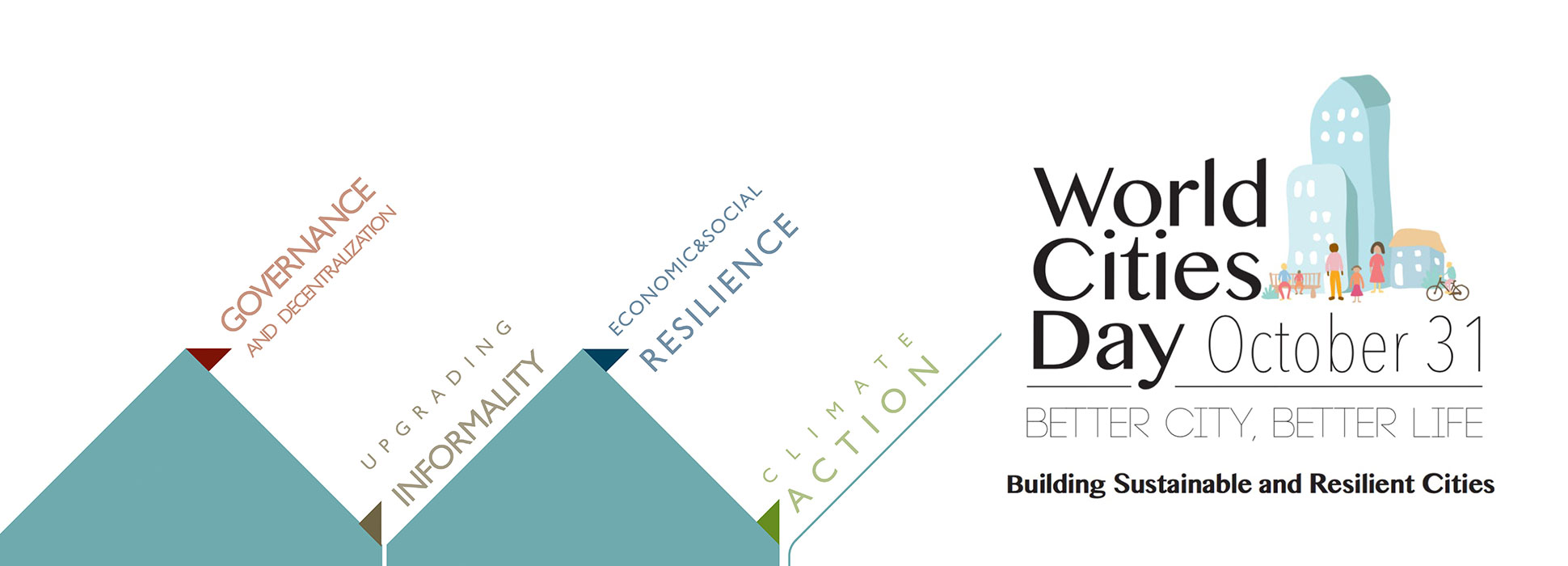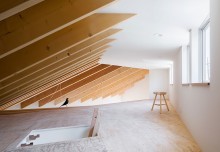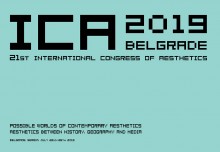The Faculty of Architecture in Belgrade is a member of the UN-HABITAT University Network.
At the zenith of Urban October, the Faculty of Architecture in Belgrade organises a celebration of the World Cities’ Day on October 31, 2018. The aim of the event is to highlight the reflexive role of the academic institution and its social significance in raising awareness and education to act in the complex environment of the new challenges that urban settlements are faced with.
Contemporary international urban development policies, such as the New Urban Agenda, Sustainable Development Agenda by 2030, and the particular SDG 11 dedicated to cities, the Climate Change Agreement from Paris and Sendai Risk Reduction Framework, highlight resilience as one of the key principles of sustainable urban development and involving all stakeholders in efforts to ensure the improvement of the quality of life in cities.
The World Cities’ Day in 2018 promotes topics such as climate action, the upgrading of informal settlements, economic and social resilience, urban governance and decentralization.
Come and join us. All welcome!
World Cities’ Day on October 31, 2018
“Sustainable, Resilient, Inclusive And Safe Cities”
Programme
| 11.30-12.00 | Welcome |
| 12.00-12.15 Aula Gallery at The Faculty of Architecture |
Opening of the exibition “Sustainable, Resilient, Inclusive And Safe Cities” Prof Vladan Đokić, PhD, Dean of The Faculty of Architecture Exhibition of students projects from bachelor, master, specialist and doctoral studies in relation to the theme of “Sustainable, Resilient, Inclusive And Safe Cities”. It comprises the topics of: Dealing with climate change, Improving informal settlements, Economic and social resilience and Urban governance. |
| 12.15-13.00 | Reception |
| 13.00-14.00 Room 200 |
Panel: “Towards Education for Sustainable Development” Participants:
Moderator: |
| 14.00-14.45 | Discussions |
| 14.45-15.00 | Conclusions |
University of Belgrade – Faculty of Architecture is the leading higher education institution for architecture and urban studies in the Western Balkans Region. It offers comprehensive education of future architects enabling the sharing of knowledge and the development of skills required for practicing architecture and urbanism within interdisciplinary environment. As one of the oldest established faculties within the University of Belgrade, the Faculty is represented in several important international associations (e.g. UIA, AESOP, UN Habitat University Network) contributing to recent trends in education, in line with the UN 2030 Agenda for Sustainable Development and the 2011 UNESCO/UIA Charter for Architectural Education.
Facing the consequences of global challenges and local specificities, especially manifested in urban(ized) environment, students are encouraged to extend, exchange and test theoretical knowledge through the innovative application of contemporary development concepts (sustainability, resilience, energy transition). Consequently, the Department of Urbanism, focusing on the issue of cities, their built environment and society, introduces global flows related to urban development – from major challenges, to the emerging methods and tools of planning and urban design.
Related Stories:
EmBuild Final Conference: Energy Efficient Buildings – Plan. Invest. Renovate!
Project: DANUrB – DANube Urban Brand
Guest Lecture: “Urban Sustainability – why it is important and how it can be achieved” – Dr. Jerry Anthony
Guest Lecture: Sustainable Urbanism and Globalisation – Prof. Ashraf M. Salama
Project: Empower public authorities to establish a long-term strategy for mobilizing investment in the energy efficient renovation of the building stock – EmBuild
Conference: Places and Technologies 2018
Call For Expert Evaluator: External Evaluation Of Study Program “Energy Efficient And Green Architecture”
During the education process, the Department of Urbanism has established an intensive cooperation with national and international institutions and programs, such as the program 100 Resilient Cities, as well as with the Master program ‘Integrated urbanism and sustainable design’ (Faculty of Architecture and Urban Planning/Stuttgart), Master program ‘Urban management’ (TU Berlin), Building and Architectural Engineering (Politecnico di Milano), Faculty of Architecture ‘Ludovico Quaroni’ (University La Sapienza/Rome), Vienna Technical University – Department of Landscape Architecture, Gdansk University of Technology, Faculty of Architecture/Sopot, School of Urban and Regional Planning – University of Iowa, Escola Tecnica Superior d’Arquitectura de Barcelona, UCL Bartlett School of Architecture/London, La Faculta di Architettura di Alghero, Oxford School of Architecture, GIZ/AMBERO-ICON project, DANUrB INTERREG Project, Green Design Foundation/Sarajevo, ADA/Mostar, Oris – House of Architecture/Zagreb. Additionally, the students have been supported by professionals from various national institutions of the City of Belgrade (Urban Planning Institute, Secretariat for Investment), local governments of Pančevo, Smederevo, Kragujevac, Kikinda, Kraljevo, Kosjerić, Surdulica, Topola, Golubac, and the National Corporation for tourism development of Serbia.
The significance of all programs incorporating themes of urban sustainability and resilience has been recognized on both national and international levels. Numerous workshops, debates, round tables, as well as the high-quality outcomes of courses and studio work have been continuously verified – by the public, national and international associations, experts, professionals and different stakeholders in the process of urban planning and governance. Therefore, it is not surprising that student projects and PhD theses have been awarded and/or recognized by the Belgrade Chamber of Commerce, City of Belgrade, Serbian Development Agency, University of Belgrade, International Planning Exhibition, Exhibition of Landscape Architecture, and various international student competitions (UN Habitat/IUA, Global Schindler Award, IFHP).
Why is it important to point out at international urban development policies and topics promoted by UN-Habitat? These policies affirm sustainable and resilient urban development, which is of particular importance to Serbia in contemporary conditions. This is confirmed by defined priorities at the national level – giving priority to economic development and attracting investment, urban renewal of cities and the rehabilitation of informal settlements, social well-being and social inclusion, improvement of the quality of the environment, climate action and strengthening of cultural identity (Draft Strategy for Sustainable and Integrated Urban Development in Serbia, October, 2018). Also, these urban policies open the thematic field of urban governance as a professional polygon that requires understanding, knowledge and competencies.
The Faculty of Architecture in Belgrade has recognized these changes within the exposed student projects. The exhibition “Sustainable, Resilient, Inclusive and Safe Cities” and panel “Toward Education for Sustainable Development” aim to point to the important role of the academic institution in the education of the future urban professionals and raising awareness for critical thinking in dealing with contemporary challenges.









